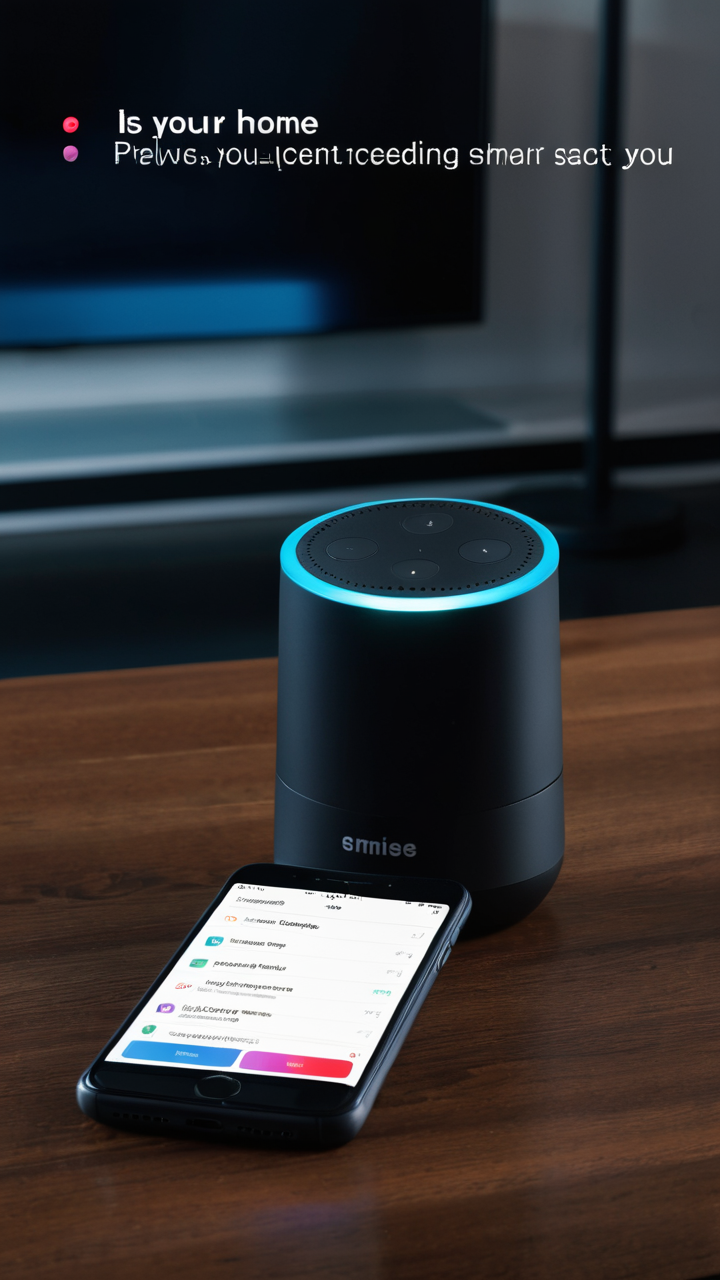
The Invisible Eye: How Smart Devices Collect Your Data
The convenience of a smart home is undeniable. But this convenience comes at a cost: your data.
Many smart devices, from voice assistants like Alexa and Google Home to smart TVs and even seemingly innocuous smart appliances, constantly collect information about your daily life.
This data collection often happens subtly, without your explicit awareness or consent beyond the initial terms of service agreement (which most of us rarely read completely).
This data can include:
* **Voice recordings:** Smart speakers constantly listen for your wake word, and everything you say afterward is potentially recorded and stored, even if you don’t explicitly ask a question.
* **Location data:** Smart devices often use GPS or Wi-Fi triangulation to track your location, building detailed profiles of your movements.
* **Browsing history:** Smart TVs and other connected devices often track your viewing habits and send this information to third-party advertisers.
* **Smart home activity:** Information about when you’re home, what appliances you use, and how often you use them is collected and stored.
* **Personal information:** Many devices require you to link accounts, providing access to your email, calendar, and other personal data.
Think of it like this: your smart home is constantly taking notes about your life, often without your full understanding or control. This data can be used for targeted advertising, but also potentially accessed by hackers or misused by the companies themselves.
[Insert image: A graphic depicting various smart home devices with data streams emanating from them]
The Data Trail: Understanding the Risks
The collection of your data isn’t inherently malicious, but the potential risks are significant. Data breaches, for instance, are a constant threat.
If a hacker gains access to your smart home network, they could potentially access your personal information, control your devices, and even monitor your activities.
• the aggregation of data from multiple sources can create a very detailed profile of you, potentially revealing sensitive information about your habits, preferences, and even your financial situation.
This information could be used for identity theft, targeted phishing attacks, or even more insidious forms of manipulation.
But what if we look at this from a different angle?
A study by the Pew Research Center found that a significant percentage of Americans are concerned about data privacy related to their smart home devices.
Beyond security risks, there are also ethical considerations. The lack of transparency surrounding data collection practices raises questions about consent and control. Are you comfortable with companies knowing so much about your daily life?
Reclaiming Your Privacy: Simple Steps to Take
Fortunately, you can take proactive steps to protect your privacy in your smart home. It doesn’t require becoming a tech expert; simple changes can make a big difference.
* **Read the fine print:** Before setting up any smart device, carefully review the privacy policy and terms of service. Understand what data is collected, how it’s used, and with whom it’s shared.
* **Change default passwords:** Most devices come with default passwords, which are easily guessed by hackers. Change them to strong, unique passwords.
* **Enable two-factor authentication:** This adds an extra layer of security, making it much harder for unauthorized users to access your accounts.
* **Disable unnecessary data collection:** Many smart devices allow you to disable certain features that collect data, such as location tracking or voice recording.
* **Use a strong and separate Wi-Fi network for your smart devices:** This helps contain any potential security breaches to your smart home devices and not your entire home network.
* **Update firmware regularly:** Keep your devices updated with the latest security patches to address known vulnerabilities.
* **Consider using a VPN:** A Virtual Private Network encrypts your internet traffic, making it more difficult for others to track your online activity.
[Link to reputable VPN provider information]
* **Limit the number of smart devices:** The fewer devices you have, the less data can be collected. * **Be mindful of what you say around smart speakers:** Remember that they are always listening.
Avoid discussing sensitive information near these devices.
[Insert image: A checklist graphic summarizing the privacy tips]
The Bottom Line: Informed Choices for a Secure Smart Home
The future of technology is undoubtedly intertwined with smart homes, but that doesn’t mean we have to sacrifice our privacy.
By taking these simple steps and remaining informed about the data collection practices of your devices, you can create a smart home that’s both convenient and secure. Remember, your privacy is valuable, and you have the power to protect it.



